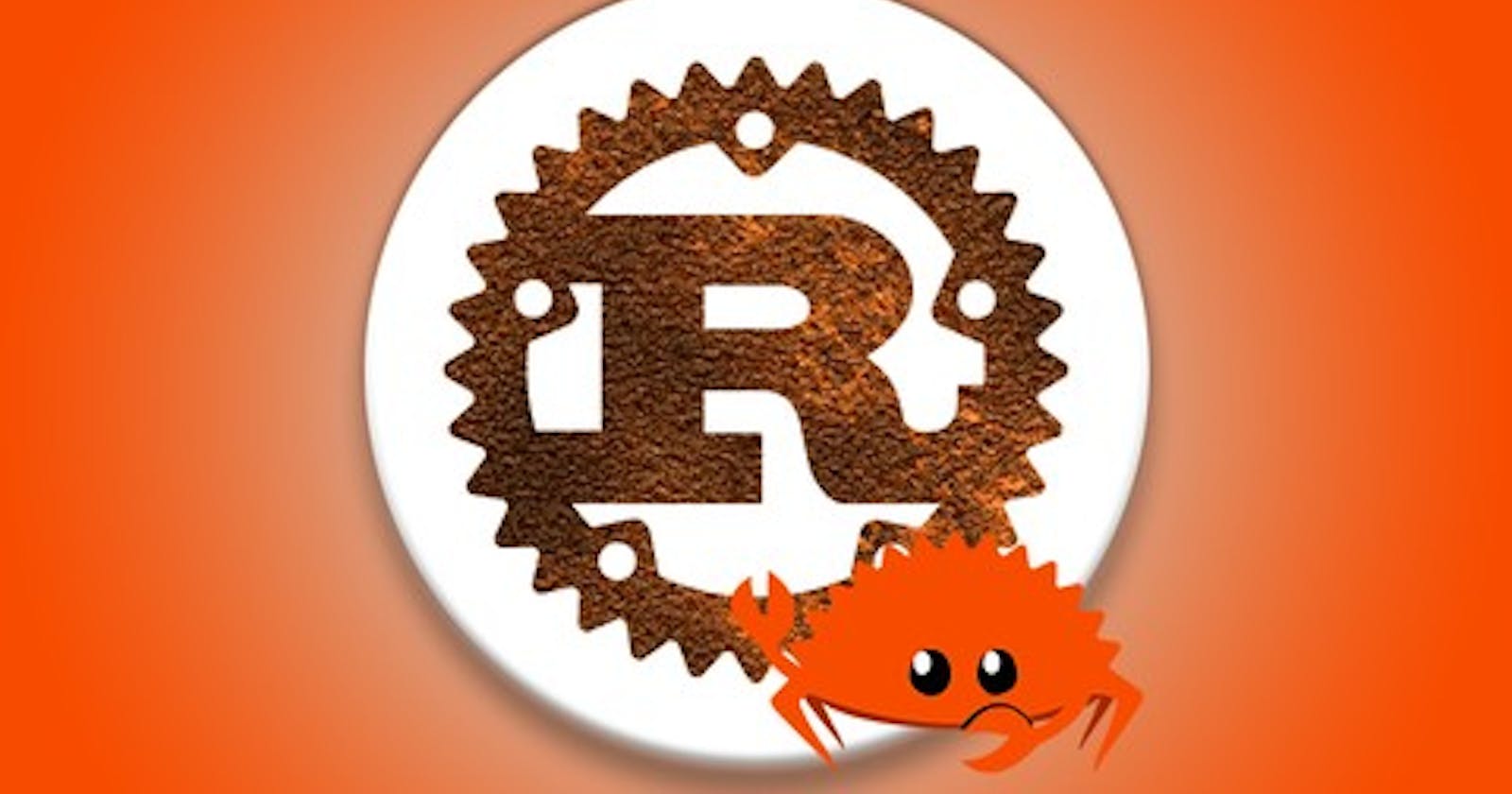Mastering Rust's Ownership, Borrowing, and Lifetimes: Writing Memory-Safe and High-Performance Code
Introduction 💡
Rust is a modern systems programming language that offers a unique combination of low-level control, high-level abstractions, and memory safety guarantees. It was designed to address the shortcomings of C and C++ while maintaining the performance and control that systems programmers need. Rust has gained popularity in recent years due to its features such as zero-cost abstractions, thread safety, and memory safety.
One of the challenges of Rust is that it has a steep learning curve. This is due to the unique features and concepts that it offers, which require a different way of thinking than most other programming languages. In this blog, we will explore one of the concepts of Rust: ownership, borrowing, and lifetimes. I will explain these concepts with examples and code snippets, so you can gain a deeper understanding of how they work.
Ownership, Borrowing, and Lifetimes
Rust's ownership, borrowing, and lifetime system are a unique set of features that provide memory safety guarantees without the overhead of a garbage collector. These concepts are tightly integrated, and understanding them is crucial to writing safe and efficient Rust code.
Ownership
In Rust, every value has an owner, and there can only be one owner at a time. When a value goes out of scope, its owner is responsible for freeing its memory. This means that Rust manages memory automatically, without the need for a garbage collector. Let's look at an example:
fn main() {
let s = String::from("hello");
println!("{}", s);
}
In this example, s is a String value, and it owns the memory that stores the string "hello". When s goes out of scope at the end of the function, Rust automatically frees the memory associated with the string.
Ownership also allows Rust to move values between variables. For example:
fn main() {
let s1 = String::from("hello");
let s2 = s1;
println!("{}", s2);
}
In this example, we create a String value s1 with the string "hello". We then move the value of s1 into s2, effectively transferring ownership of the memory from s1 to s2. Because Rust only allows one owner at a time, s1 is no longer valid after the move, and we cannot use it anymore.
Borrowing
Borrowing is the process of lending ownership of a value to another variable temporarily. In Rust, borrowing allows us to access a value without taking ownership of it, which is useful when we want to pass a value to a function or share it between variables. Let's look at an example:
fn print_string(s: &String) {
println!("{}", s);
}
fn main() {
let s = String::from("hello");
print_string(&s);
}
In this example, we define a function print_string that takes a reference to a String value using the & operator. We then create a String value s with the string "hello", and we pass a reference to s to print_string using the & operator. This allows us to access the value of s without taking ownership of it, and we can still use s after the function call.
Lifetimes
Lifetimes are a way of specifying how long a reference to a value is valid. In Rust, the compiler enforces lifetimes to ensure that references are not used after the values they refer to have been freed. Let's look at an example:
fn get_first_word(s: &str) -> &str {
let bytes = s.as_bytes();
for (i, &byte) in bytes.iter().enumerate() {
if byte == b' ' {
return &s[0..i];
}
}
&s[..]
}
fn main() {
let s = String::from("hello world");
let word = get_first_word(&s);
println!("{}", word);
}
In this example, we define a function get_first_word that takes a string slice &str and returns a string slice &str. The function searches for the first whitespace character in the string and returns a slice of the string that contains the first word. The lifetime of the returned slice is tied to the lifetime of the input string slice, which ensures that the returned slice is not used after the input string slice has been freed.
Conclusion 🚀
Ownership, borrowing, and lifetimes are important concepts in Rust that provide memory safety guarantees without the overhead of a garbage collector. Rust's ownership system allows for automatic memory management and prevents common bugs such as null pointer dereferences and use-after-free errors. Borrowing allows us to access values without taking ownership, which is useful for passing values to functions and sharing data between variables. Lifetimes ensure that references are not used after the values they refer to have been freed, which prevents memory safety violations.
While these concepts can be challenging to understand at first, they are essential to writing safe and efficient Rust code. By mastering these concepts, you can take full advantage of Rust's features and write high-performance, memory-safe programs.

